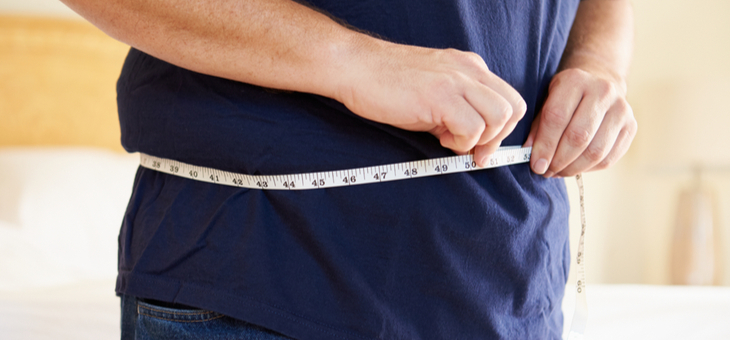It is normal for adults to suffer some level of hearing loss or vision loss as they age, but new research has linked these typical conditions of ageing to weight gain and obesity.
In Australia, around 3.6 million people suffer from hearing loss with the most common causes being age-related and excessive exposure to loud noise.
While the most prevalent causes of vision loss and blindness in Australia are the age-related degenerative eye diseases such as macular degeneration, glaucoma and cataracts.
Read more: Hate the sound of your recorded voice? Here’s why
The new research, which analysed data from more than 23,000 adults, found that inactive people with hearing loss were 1.78 times more likely to be obese compared to those who did not have any hearing loss.
In people who had difficulty with their vision, the odds ratio was slightly smaller.
Those who had difficulty seeing were 1.375 times more likely to be obese than those who did not report any vision loss.
Read more: Researchers close in on tinnitus breakthrough
The results were also significantly different between men and women who suffered some form of sensory loss.
Men who suffer sensory loss, particularly hearing loss, were more likely to be physically inactive and obese than women, according to the new study.
The association between physical activity and obesity was higher in men with hearing loss, who were 2.319 times more likely to be obese than women who reported difficulty hearing.
Obesity in those with sight loss was 1.556 times higher in inactive men than women.
Read more: How to get a cheaper hearing device
Those with combined seeing and hearing difficulties had the highest prevalence of physical inactivity (44.8 per cent) and obesity (26.1 per cent).
Analysis showed a significant association between physical inactivity and obesity in men with vision or hearing loss, but not in women.
A total of 11.04 per cent of the people surveyed self-reported vision loss, 6.96 per cent reported hearing loss, and 3.93 per cent reported suffering both vision and hearing loss.
Lead author Professor Shahina Pardhan from Anglia Ruskin University said there were significant differences between the genders in the findings.
“Although women were overall less physically active than men, we found an association between physical inactivity and obesity in men, but not in women,” Prof. Pardhan said. “This indicates that, especially in people with vision and hearing losses, exercise and being active has a very important role in preventing obesity for men.
“Adults, especially those with sensory losses, should be encouraged to be as physically active as possible but there are obviously challenges, strongly suggesting that intervention and encouragement would play a very important role.
“An effective strategy to increase the levels of physical activity in this population group would be through targeted intervention programs based on health awareness on the importance of physical activity.”
Have you started to develop problems with your hearing or sight? Are you sticking to an exercise regime as you age? Why not share your thoughts in the comments section below?
If you enjoy our content, don’t keep it to yourself. Share our free eNews with your friends and encourage them to sign up.

